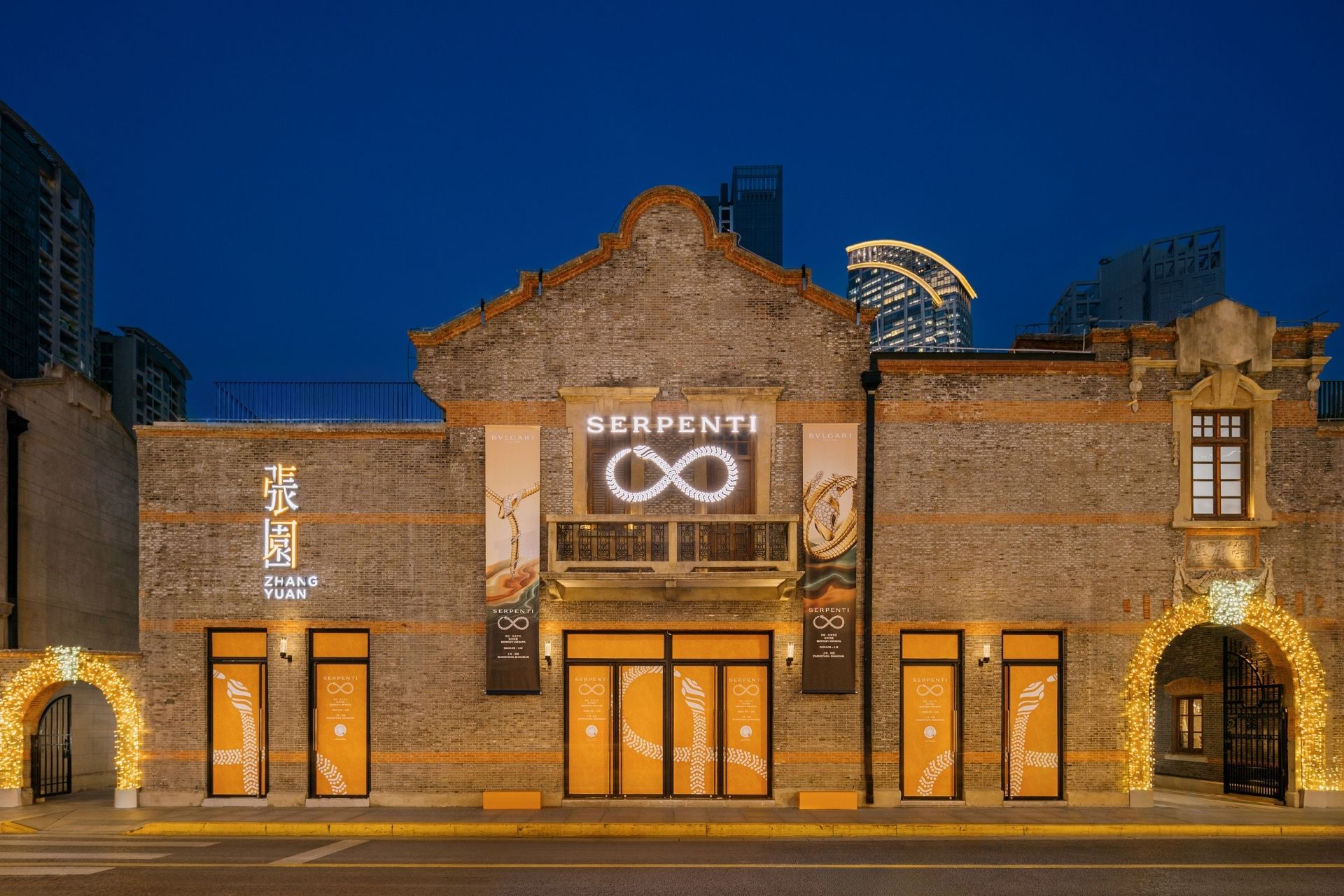Nathalie Omori, senior partner of Zhenji, explains search engine marketing in China and why Baidu is becoming equally as important as Google.cn

Nathalie Omori, senior partner of Zhenji, explains search engine marketing in China and why Baidu is becoming equally as important as Google.cn
Large or small, from tiny websites dedicated to famous wines or other regional food specialties, to major global brands, your presence on Baidu in China is a must-have. Only a year ago, Google.com.cn drove 80% of all web traffic. And Chinese versions of French websites still benefited from their original language optimization.
But Google has lost significance in China, and the tables are now turned. Because nowadays, search engine Baidu drives 80% of Chinese traffic, while Google has fallen to 20%. Naysayers will point out that these 20% are better qualified in terms of buying power. And that they’re better educated, genuinely interested in brands, and globally active on the web.
So be it. But no one is suggesting that Google optimization should now be neglected. And yes, Google users are clearly worth their weight in gold. But there is one critical Baidu fact you should never forget: if you’re not part of it, you can be sure your competitors are. They’re present there because their prices are lower than yours. And because Baidu users are indeed less savvy, don’t typically speak English, and can hardly tell the difference between a genuine product and a cheap copycat version.
“ nowadays search engine Baidu drives 80% of Chinese traffic, while Google has fallen to 20% ”
So what’s a brand to do? The only solution is to orchestrate a land grab. And a serious one at that, with a dedicated budget. The first step is to make your site SEO-friendly. Meaning the proper language homework needs to be done, and the names adapted for page titles, captions and image descriptions. This ensures maximum visibility on Baidu. And thus begins a battle you will need to wage against your competitors for every inch of visibility on the web.
The second step is to register with the Baidu search engine, making sure the description text is in Chinese and clearly states “officially approved website” – this is the text that will appear whenever someone does a search on you and your products.
And finally, as a protective measure, you should purchase your brand’s major keyword terms in Chinese. This should prevent someone else from grabbing them and using them to sell copycat versions of your products right under your nose. You’ll be the first site that comes up when someone types your name – once again, do not forget to specify “officially approved website”.
“ brands must register with the Baidu search engine, making sure the description text is in Chinese and clearly states “officially approved website” ”
Unfortunately, and this is where the rub lies, all this can only be done from within China. Because Baidu will only work with local Chinese agencies for keyword purchases. Even if the cost is reasonable for a small brand, the process remains complex, and you’ll be asked to provide a certificate of ownership for the website. So the trick is to find a local agency that works with Baidu. Buyer beware though. Because you will find a wide range of prices and services, fluctuating keyword margins, and many agencies who promise the moon, but end up doing nothing for you, thinking a foreigner is easily fooled.
And of course, don’t forget you’ll have to give this agency access to your business’s backoffice entry points. Something to ponder carefully.
Shanghai has several agencies with European staffers who can guide you and keep an eye out for your interests over there. There’s no inherent need to deal with an Ogilvy or a Publicis. These firms are setup to cater to large clients putting massive strategies in place. They’re not necessarily a good fit for smaller brands’ needs. Speaking of which, a special thought goes out to Bordeaux Grand Cru wine producers who run small websites, and suffer from numerous copycat ones.
If you need help adapting and optimizing your website for China, don’t hesitate to contact us. We work with several highly reputable and affordable partner agencies in Shanghai.







